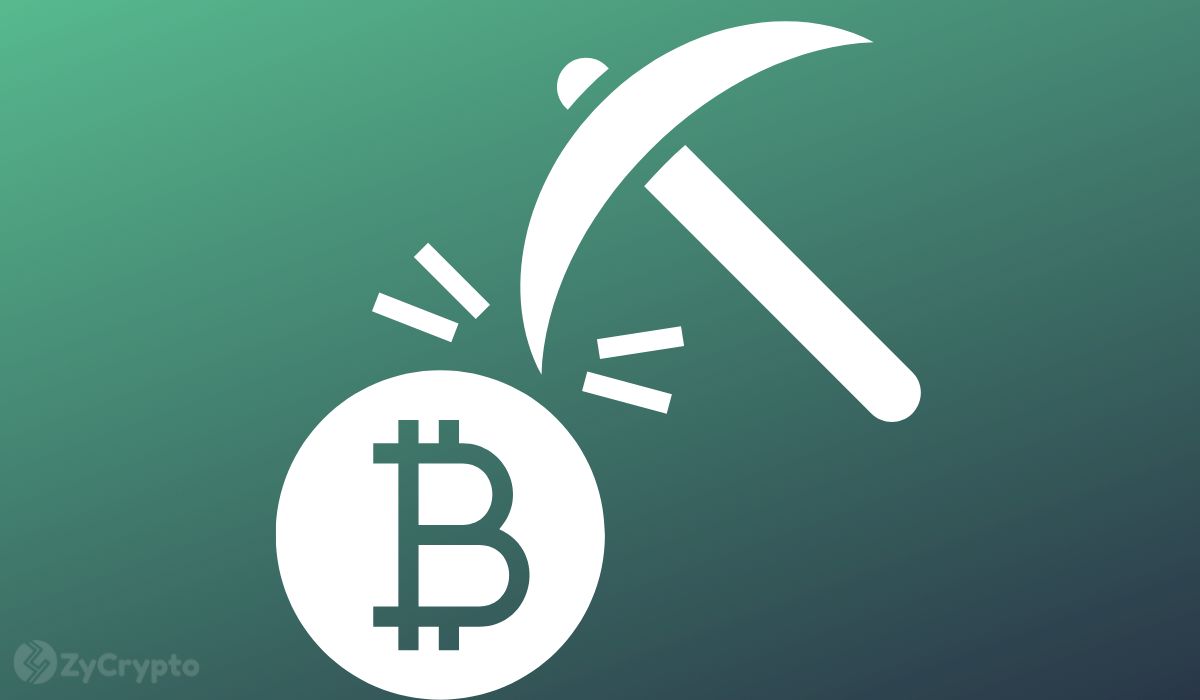2022-7-30 18:59 |
Surging general interest in Bitcoin, ideal energy sources and other facts make Africa an ideal region for growing bitcoin mining operations.
Mining headlines are typically filled with mentions of North America and Asia, with occasional mentions of Latin America. But another region of the world is showing some unnoticed signs of consistent interest in the mining sector.
This article explores some data that shows interest from African nations in mining and profiles a few companies known to be mining in the region, with all of this contextualized by Africa’s widely-reported general interest in Bitcoin as a plausible precursor to a booming mining industry.
Data On African Bitcoin MiningGoogle Trends are some of the most frequently cited data sets in Bitcoin and other cryptocurrency circles to demonstrate interest, sentiment shifts and various market conditions. The reliability and accuracy of this data is never perfect, but it often does generally reflect reality.
So, who is searching about bitcoin mining the most?
The answer is multiple African countries, according to Google Trends at the time of writing. This data was also noticed by the mining research team at Compass Mining almost a year ago, and it still holds true today.
Here’s the top-10 countries ranked by regional search interest in bitcoin mining from the past year:
NigeriaZimbabweCameroonEthiopiaMauritiusGhanaAlbaniaSouth AfricaMyanmarKenyaBut does this data matter? Search data from the U.S., for example, offers a bit more color on Google Trends data that can reflect some realities of the real-world mining industry. After limiting to searches made in the U.S., Google Trends shows Wyoming as the top-ranked location for bitcoin mining queries. And, in fact, this state is one of the largest and fastest growing hubs for mining in the U.S. suggesting Google Trends data reflects legitimate industry action.
African Bitcoin Mining Status QuoDespite interest in the topic, most signs point to African countries collectively representing a small percentage of Bitcoin’s total hash rate. Data collected by the Cambridge Centre for Alternative Finance, for example, claim that no African country contributes more than 0.14% of Bitcoin’s hash rate. That amount apparently comes from Egypt, the region’s largest hash rate contributor. This data set is notoriously problematic, but generally speaking, mining activity throughout the region is relatively small.
Mining in Africa is nonetheless happening, and it’s growing. BigBlock DC is a prime example of a mining company operating in the region. It has shared photos and videos of facility buildouts to Twitter. Additionally, there are reports of off-grid solar mining operations in Zimbabwe. And a Ghanian IT company has made claims of energizing the region’s first mining operation back in 2016.
Africa’s Potential To Power Bitcoin MiningFew things excite Bitcoin miners more than cheap, abundant energy. Considering Africa’s potential future as a regional mining hub, its abundant energy resources are key. Here’s an overview.
African countries have some of the largest untapped potential for large scale hydropower development in the world. It’s already the region’s main source of “clean” energy, and planned developments mean that is shows no signs of losing pace.
Africa also has more potential solar resources than any other continent, although solar power development is not widespread or significant. One study found that a solar power farm covering 0.3% of North Africa could supply all of the energy required to power the European Union.
Flare gas is also a strong contender as a power source for African mining activity. Angola, for example, has already sought ways to monetize its gas flaring activity, and is the region’s second-largest crude producer.
Nuclear energy is one of the most scarce forms of power in Africa. Out of 54 countries in the region, only South Africa has operational nuclear facilities. South Africa currently generates over 10 billion kilowatt hours (KWh) baseload electricity at the Koeberg nuclear power station in Cape Town. Bitcoin miners and the nuclear energy industry are rapidly forming strong relationships, and hopefully this trend extends to Africa to catalyze more nuclear development.
Beyond Bitcoin MiningSetting aside the mining sector, Africa’s leading role in growing global Bitcoin use is no secret. A steady stream of headlines over the past few years in particular have highlighted the region’s surge in interest for Bitcoin from investors, developers, merchants and other users. For instance:
Paxful CEO Ray Youssef says Africa is “leading” cryptocurrency adoptionSquare CEO Jack Dorsey says Africa “will define the future” of BitcoinPrograms like Qala are recruiting and training Bitcoin developersEven the UN has noticed Bitcoin and crypto use in AfricaCentral African Republic was the second country to adopt bitcoin as legal tenderKenya has one of the highest per capita levels of bitcoin ownership, according to a UN briefWidespread interest in buying and using bitcoin typically precedes strong interest in mining bitcoin, too. China, the U.S. and parts of Latin America, for example, have historically been geographic leaders in bitcoin investment and use, and it’s no coincidence that these regions are also leaders in retail and industrial-scale mining activity. Although it doesn’t necessarily explain all of the apparent interest in mining from various African countries, people who want bitcoin tend to also eventually want to learn how to mine it.
Mining: The Natural Step In Africa’s Bitcoin JourneyAt the risk of reiterating the obvious, much of this article is speculative analysis based on a few statistical and anecdotal signals of mining growth throughout Africa. It’s hard to know for sure if or when parts of that region will become the next Texas or Kazakhstan for the mining sector.
But what is certain is that the existing mining activity there is not slowing and a sustained level of general curiosity about mining is seen in Google Search queries. And, of course, the region’s general interest in understanding, using and building with Bitcoin has been widely reported.
Given Africa’s excitement over Bitcoin and its abundant, diverse energy resources, mining is a natural step in the region’s Bitcoin narrative arc. Africa’s Bitcoin future is no doubt a bright one, and mining could play a prominent role in it.
This is a guest post by Zack Voell. Opinions expressed are entirely their own and do not necessarily reflect those of BTC Inc or Bitcoin Magazine.
origin »Bitcoin price in Telegram @btc_price_every_hour
Bitcoin (BTC) íà Currencies.ru
|
|



















